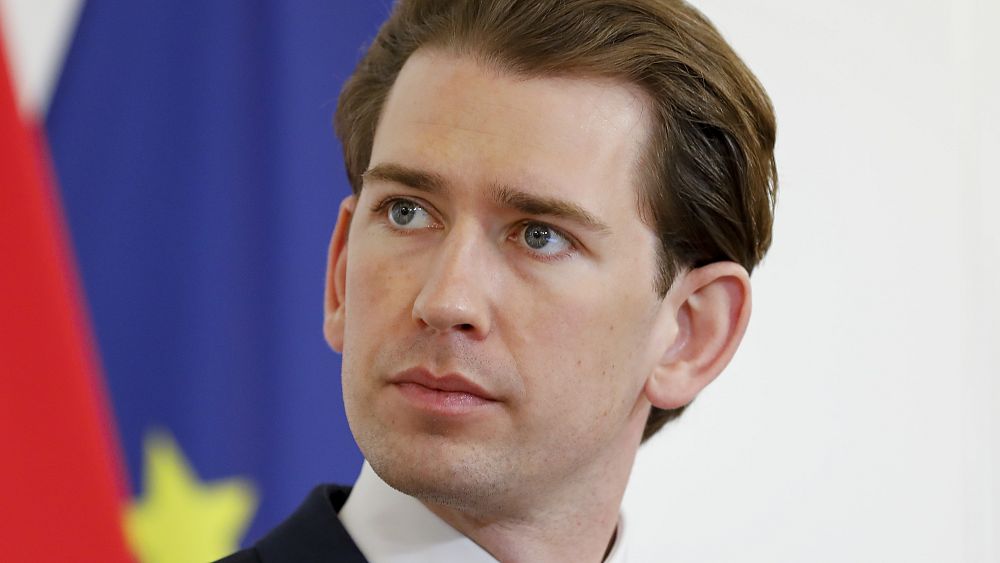
Austrian Chancellor Sebastian Kurz received the backing of his conservative People’s party on Thursday after anti-corruption prosecutors said he is a target in a bribery investigation.
All party ministers said in a written statement they would quit if Kurz is ousted.
Kurz denied wrongdoing and made clear he did not plan to step down.
However, the partner party in Kurz’s coalition government said on Thursday that the probe created a “disastrous” impression and raised questions about the chancellor’s “ability to act.”
Prosecutors said on Wednesday they were investigating Kurz, nine other people and three unidentified organisations on suspicion of breach of trust and bribery. They searched the chancellery, the Finance Ministry and the offices of Kurz’s conservative Austrian People’s Party.
The case centres on allegations that Finance Ministry money was used between 2016 and at least 2018 to pay for manipulated polls that were favourable to Kurz and published in a newspaper without being declared as advertising.
Kurz became his party’s leader and then chancellor in 2017 after previously serving as Austria’s foreign minister.
In a separate case, anti-corruption authorities put the 35-year-old chancellor under investigation in May on suspicion of making false statements to a parliamentary commission, an allegation he also rejected.
Kurz, in a Wednesday night interview with public television network ORF, denied responsibility for any wrongdoing involving the published polls.
“There is absolutely no indication that I directed what adverts or polls were commissioned at the Finance Ministry,” he said. He said that text messages from him contain no instructions or requests, “and at the same time, prosecutors put the theory out there that everything is directed by Kurz.”
The chancellor said he was “very calm” about the accusations.
“What I can’t understand is why I am always supposed to be to blame for all wrongdoing,” he said. “Let’s examine whether these accusations against finance ministry employees are true. With the best will in the world, I can’t imagine it.”
Asked whether he would remain chancellor in view of the investigations, Kurz replied: “Yes, of course.”
The Green party, Kurz’s junior coalition partner since he won a second term in early 2020, were far less relaxed. Vice-Chancellor Werner Kogler, who also leads the Greens, tweeted that “the impression is disastrous” and the allegations must be cleared up thoroughly.
“The chancellor’s ability to act is in question against this background,” Kogler said. “We must ensure stability and order.”
He said the Greens were proposing talks with all other parties in Austria’s parliament to discuss how to proceed. President Alexander Van der Bellen scheduled meetings Thursday and Friday with Kogler, Kurz and opposition leaders.
Kurz noted on Thursday that his party won the past two elections and said it “stands by” the government it formed with the Greens, praising their cooperation during the coronavirus pandemic.
“If the Greens don’t want to continue this cooperation any longer and want to look for other majorities in parliament, then that has to be accepted,” he said. “We are prepared to continue working together.”
Kurz’s first coalition with the far-right Freedom Party collapsed in 2019. The chancellor pulled the plug after a video surfaced showing the Freedom Party’s leader at the time, Vice-Chancellor Heinz-Christian Strache, appearing to offer favours to a purported Russian investor.